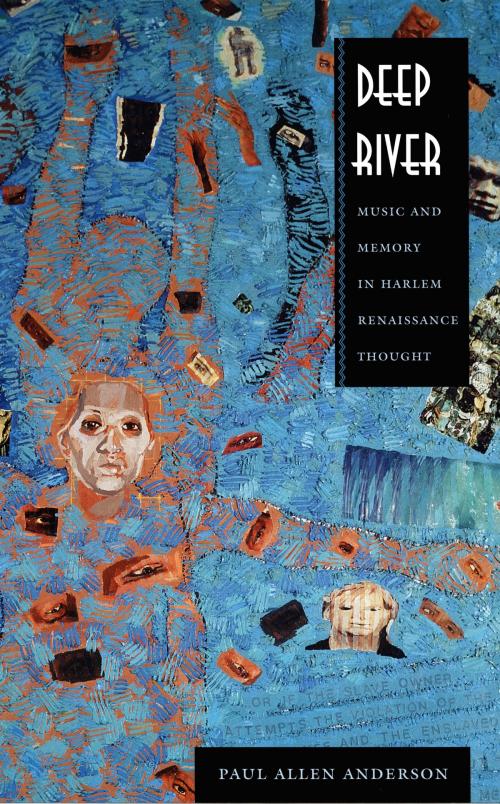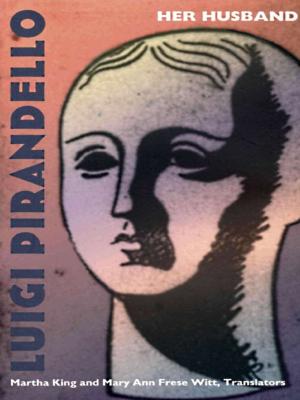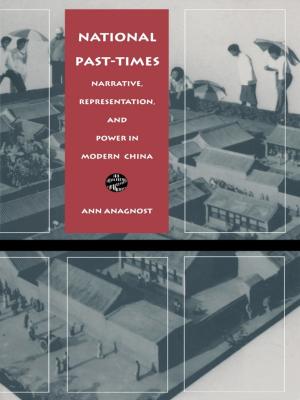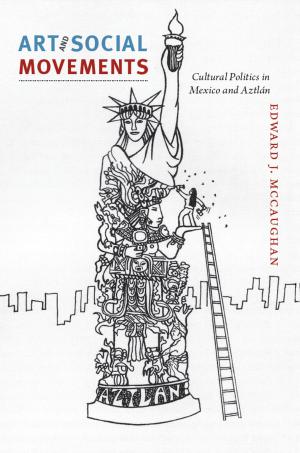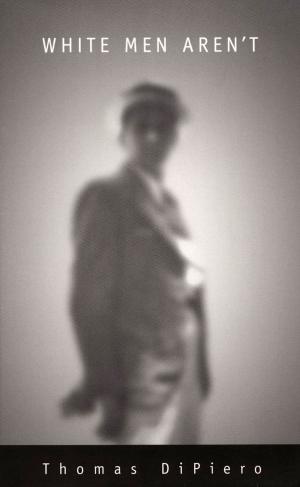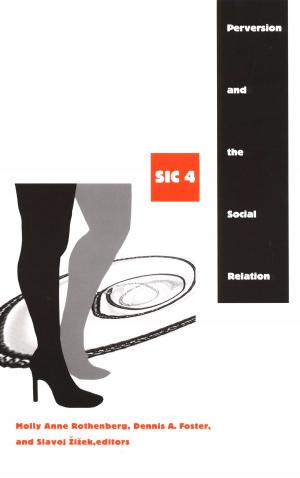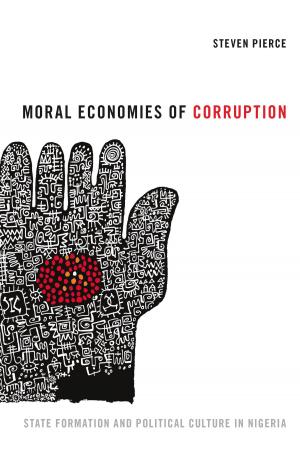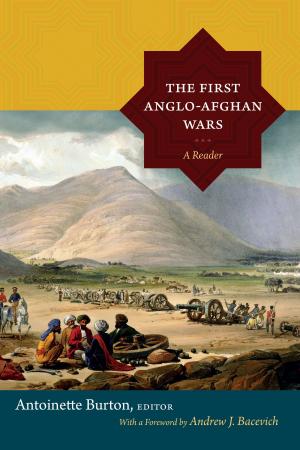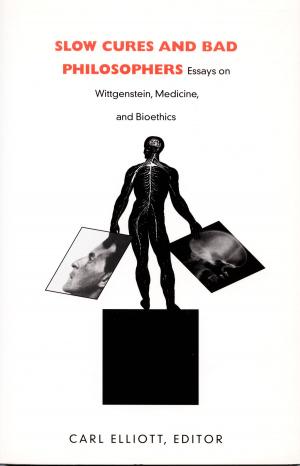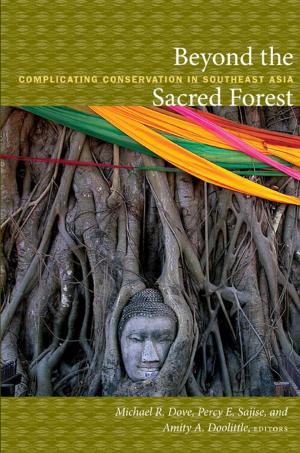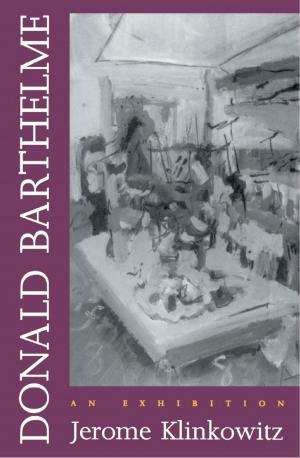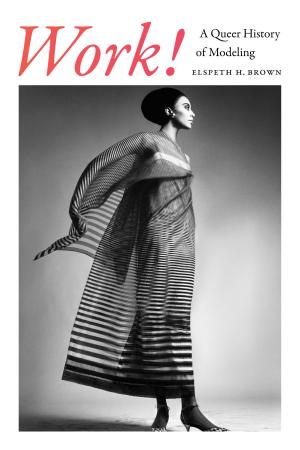Deep River
Music and Memory in Harlem Renaissance Thought
Nonfiction, Entertainment, Music, Music Styles, Jazz & Blues, Jazz, Theory & Criticism, History & Criticism| Author: | Paul Allen Anderson, Donald E. Pease | ISBN: | 9780822383048 |
| Publisher: | Duke University Press | Publication: | July 19, 2001 |
| Imprint: | Duke University Press Books | Language: | English |
| Author: | Paul Allen Anderson, Donald E. Pease |
| ISBN: | 9780822383048 |
| Publisher: | Duke University Press |
| Publication: | July 19, 2001 |
| Imprint: | Duke University Press Books |
| Language: | English |
“The American Negro,” Arthur Schomburg wrote in 1925, “must remake his past in order to make his future.” Many Harlem Renaissance figures agreed that reframing the black folk inheritance could play a major role in imagining a new future of racial equality and artistic freedom. In Deep River Paul Allen Anderson focuses on the role of African American folk music in the Renaissance aesthetic and in political debates about racial performance, social memory, and national identity.
Deep River elucidates how spirituals, African American concert music, the blues, and jazz became symbolic sites of social memory and anticipation during the Harlem Renaissance. Anderson traces the roots of this period’s debates about music to the American and European tours of the Fisk Jubilee Singers in the 1870s and to W. E. B. Du Bois’s influential writings at the turn of the century about folk culture and its bearing on racial progress and national identity. He details how musical idioms spoke to contrasting visions of New Negro art, folk authenticity, and modernist cosmopolitanism in the works of Du Bois, Alain Locke, Zora Neale Hurston, Langston Hughes, Jean Toomer, Sterling Brown, Roland Hayes, Paul Robeson, Carl Van Vechten, and others. In addition to revisiting the place of music in the culture wars of the 1920s, Deep River provides fresh perspectives on the aesthetics of race and the politics of music in Popular Front and Swing Era music criticism, African American critical theory, and contemporary musicology.
Deep River offers a sophisticated historical account of American racial ideologies and their function in music criticism and modernist thought. It will interest general readers as well as students of African American studies, American studies, intellectual history, musicology, and literature.
“The American Negro,” Arthur Schomburg wrote in 1925, “must remake his past in order to make his future.” Many Harlem Renaissance figures agreed that reframing the black folk inheritance could play a major role in imagining a new future of racial equality and artistic freedom. In Deep River Paul Allen Anderson focuses on the role of African American folk music in the Renaissance aesthetic and in political debates about racial performance, social memory, and national identity.
Deep River elucidates how spirituals, African American concert music, the blues, and jazz became symbolic sites of social memory and anticipation during the Harlem Renaissance. Anderson traces the roots of this period’s debates about music to the American and European tours of the Fisk Jubilee Singers in the 1870s and to W. E. B. Du Bois’s influential writings at the turn of the century about folk culture and its bearing on racial progress and national identity. He details how musical idioms spoke to contrasting visions of New Negro art, folk authenticity, and modernist cosmopolitanism in the works of Du Bois, Alain Locke, Zora Neale Hurston, Langston Hughes, Jean Toomer, Sterling Brown, Roland Hayes, Paul Robeson, Carl Van Vechten, and others. In addition to revisiting the place of music in the culture wars of the 1920s, Deep River provides fresh perspectives on the aesthetics of race and the politics of music in Popular Front and Swing Era music criticism, African American critical theory, and contemporary musicology.
Deep River offers a sophisticated historical account of American racial ideologies and their function in music criticism and modernist thought. It will interest general readers as well as students of African American studies, American studies, intellectual history, musicology, and literature.
